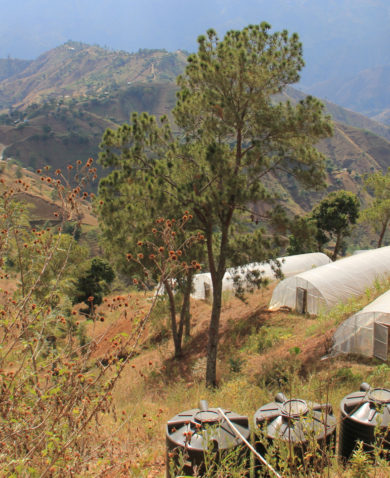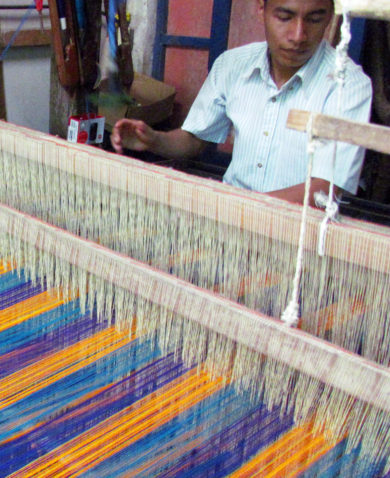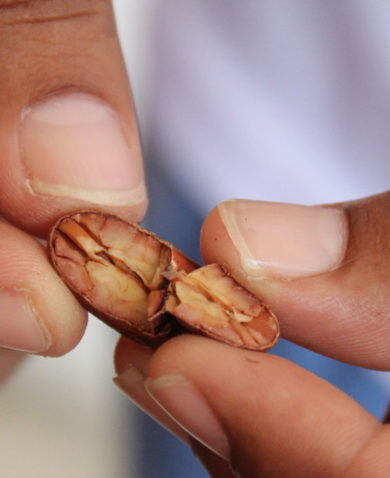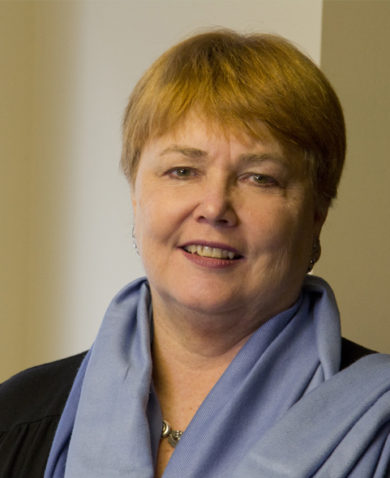The program, which is implemented by Chemonics, seeks to grow the economy of El Salvador by focusing on micro- and small businesses, like SEMPROFES. To do this, the project looked for a model that had proven useful to micro-entrepreneurs elsewhere. It found this model in a U.S. small business assistance network called America’s SBDC.
Using a unique mix of government funds and private sector resources, America’s SBDC assists partner organizations in hosting small business development centers. These partners, such as universities, offer free consulting and low-cost courses on topics like writing a business plan or conducting market research. This strategy was promising because it offered El Salvador a way to establish more centers quickly, by embedding them in willing organizations.
To take advantage of this model, the USAID program facilitated a partnership between America’s SBDC and CONAMYPE. Ileana Rogel, executive director of CONAMYPE, explained how the Salvadoran commission worked with America’s SBDC.
“We had the opportunity to see the SBDC model implemented by the University of San Antonio, Texas, and learn about the role the university plays. In a period of about six months, we learned more about how the model works and we found interest from possible operators in El Salvador. We sent a group from CONAMYPE to San Antonio to experience the day-to-day of how an SBDC works. Then we brought down all the documents and manuals to adapt them to the Salvadoran context.”










































